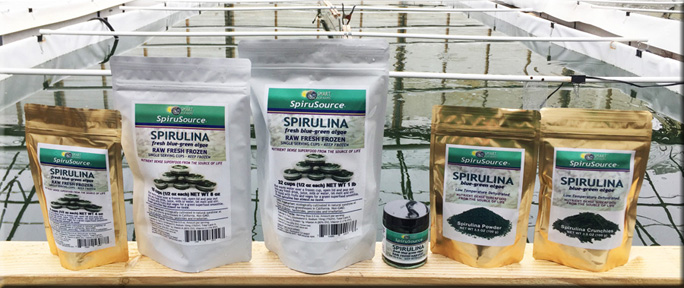Consulting Services
Network of Independent Algae Consultants
Ventures raising investment to develop commercial biofuels from algae have a decade of challenges ahead to scale up to full production. With experience in commercial algae production, product development and marketing, we review and evaluate proposed and actual algae ventures for investors, entrepreneurs, executives, strategic partners.
• Review assumptions, projections, feasibility studies and business plans
• Review criteria and timelines for scaling up stages of production
• Review pathways for developing revenue streams from services and products
• Evaluate locations: climate, land, water, nutrients, regulatory issues
• Advise on production technology, materials and procurement
• Assess product development, marketing, sales and regulatory issues
• Coordinate company management, focus and direction
Review assumptions, projections, feasibility studies and business plans
Assumptions and projections: We screen basic assumptions and projections driving the business model, from growth rate assumptions, to costs, to timelines for scale up, to market development, and identifying flaws or gaps.
Feasibility studies: Feasibility studies state objectives, assess costs and benefits, and propose markets, in advance developing a full business plan. We evaluate feasibility studies to determine a project’s viability.
Business plans: With our 30 years experience in algae production, product development and marketing, we review business plans. An executive summary states mission and objectives, concluding with a proposal for financing. The plan details background information, business structure, project development, revenue streams, market and competition, management team and risks, with full set of financial projections.
Review criteria and timelines for scaling up stages of production
With initial funding, companies proceeding through R&D phases are evaluating challenges scaling up through pilot scale, demonstration scale and production scale. From experience in algae production, scaling up offers new and unexpected challenges. Scaling from lab to 10 to 100 to 1000 hectares raises issues such as site selection, resources, algae culture management, and developing revenue streams for algae products at different scales for different size markets. As these criteria are detained and reviewed, timelines tend to stretch out.
Review pathways for developing product revenue streams from services and products
Services: Lowering algae production costs by using reclaimed nutrients may also create new revenue streams from environmental services, such as CO2 effluent mitigation, wastewater treatment, animal manure processing.
Products: Biofuel companies may take one pathway which optimizes biomass for the most cost effective biofuel co-the developing products from the byproduct. Or take another pathway as a near term strategy to develop product revenues streams matching the scale of production with markets, while learning and scaling up to full biofuel production. Rather than focusing solely on biomass production, companies should first target end products for market and work backward from there.
Evaluate locations: climate, land, water, nutrients, regulatory issues
Considering the large scale of production needed to produce cost competitive biofuels, all strategies become site specific. Each location offers imitations on climate, use of algae strains, available land, water, nutrient resources, relevant production technology, site specific regulatory issues and financing vehicles for large scale projects.
Advise on production technology, materials and procurement
At the R&D scale, many new technologies look exciting, but may not work on a larger scale due to technical or economic scaling issues. Many practical and proven solutions already exist and function well at large scale. At the same time, large investments are bringing technological innovation in producing, harvesting and processing algal biomass.
Assess product devlopment, marketing, sales and regulatory issues
Companies with experience bringing algae products to market all report it took much longer than anticipated. This is regardless whether they utilized a stratgic partner, developed distribution networks or branded products themselves, or spun off business to develop products and markets. In most markets, particularly food and feed, dealing with regulatory agencies and achieving required certifications will stretch out timelines.
Coordinate company management, focus and direction
New ventures attract very creative and motivated people, often going off in different directions. Investors want this team of people brought together and focused on clear business objectives, timelines and revenue streams.




 SPIRULINA
SPIRULINA